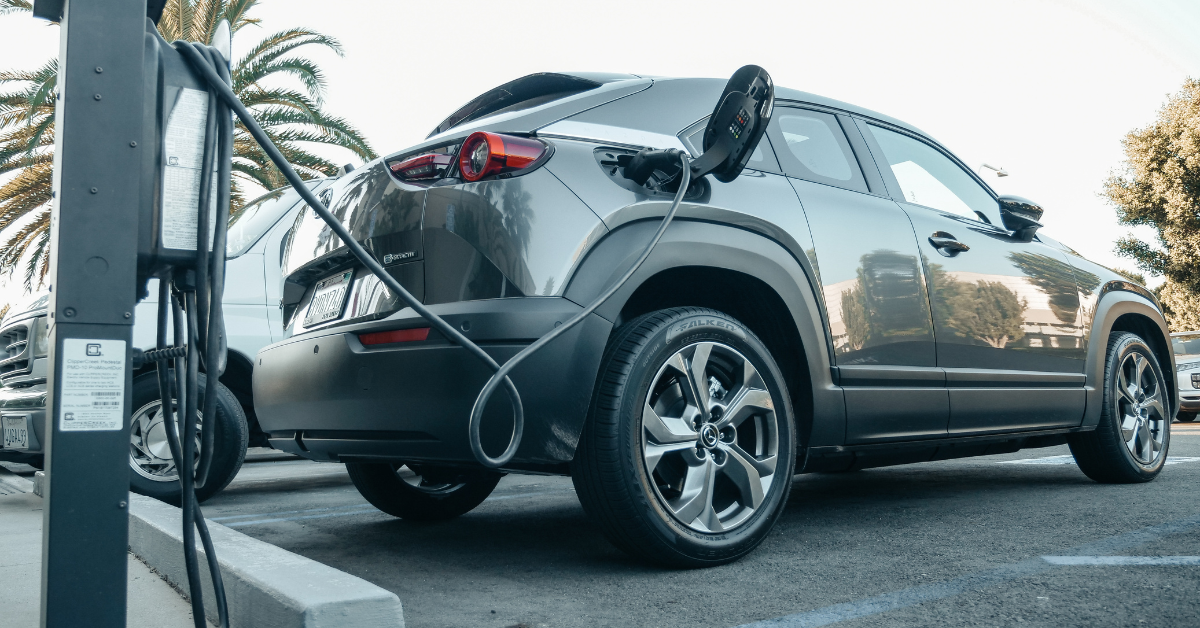
Leasing an EV: Common Myths Debunked

*Collaborative Post
Electric vehicles (EVs) are no longer novelties reserved for the technology-savvy or eco-conscious driver. Thanks to their commendable performance, sleek design, energy efficiency, and low running costs, EVs are becoming increasingly popular on UK roads. Yet, despite their rising popularity, many myths hover around the prospect of leasing an EV. In this article, we’ll unravel the fact from the fiction and debunk some of the common misconceptions around EV leasing.
Myth 1: Leasing an EV is Too Expensive
The first concern that most people have is the perceived cost associated with acquiring an electric vehicle. The truth, however, is considerably different. While the upfront cost of purchasing an EV can be somewhat daunting, this cost is significantly mitigated through leasing. Monthly payments on a lease are almost always lower than those on a loan for the same car. Leasing an EV also allows the lessee to take advantage of the latest technology without a considerable upfront financial obligation, which also reduces unexpected costs associated with car ownership such as repairs and maintenance. Thus, the benefits of an electric car lease become clear.
Also, keep in mind that EVs have lower running costs compared to their gasoline counterparts. They are cheap to ‘refuel’, have fewer moving parts that are susceptible to damage, and you can even get subsidies and grants that reduce their overall cost of ownership.
Myth 2: The Battery Will Run Out and Leave Me Stranded
Another frequent myth is the fear of running out of battery power in the middle of the journey. However, the reality is that with careful planning, running out of battery power should never happen. A large number of EVs now offer ranges in excess of 150 miles, with some high-end models offering more than double this.
Plus, the infrastructure for charging EVs is rapidly expanding in the UK. You can now find charging stations at numerous public locations, including supermarkets, car parks, and even on some streets in major cities. Many drivers also have the facility to charge their vehicle at home, which can cover most day-to-day driving needs.
Myth 3: It’s Difficult to Remove Car Decals from Leased EVs
Some drivers avoid leasing simply because they think it will be impossible or harmful to remove car decals at the end of the lease term. But this myth can be easily discredited with the help of professional decal removal services. These companies use special tools and techniques that neither damage the car’s paintwork nor leave any residue behind. And since leased cars usually aren’t very old, their paint tends to be in good condition, making decal removal easier.
Myth 4: Leasing an EV is Not Environmentally Friendly
There’s a myth that suggests the manufacturing process of EVs outweighs their environmental benefits. While it’s true that the production of electric cars, particularly their batteries, is energy-intensive, it is essential to consider the car’s whole life cycle.
The overall emissions of an EV over its lifetime are significantly less than those of a petrol or diesel vehicle. Their zero tailpipe emissions, excellent efficiency, and the fact that the electricity grid is getting cleaner all combine to make EVs a much greener alternative.
Myth 5: EVs Won’t Last as Long as a Petrol Car
Another outdated notion is that EVs don’t last as long as traditional cars. The majority of manufacturers now offer warranties on their batteries for at least eight years, or up to 120,000 miles. When it comes to the other components of the car, the simplicity of electric engines makes them far less susceptible to wear and tear than their gasoline counterparts.
In conclusion, if you perform a meticulous assessment, the prospects of leasing an EV become much brighter than some believe it to be. EVs are here to stay, and their popularity will only rise in the coming years, refuting all existing myths. So, consider getting an electric car lease and experience the smooth, silent, and green driving for yourself.
*This is a collaborative post. For further information please refer to my disclosure page.




